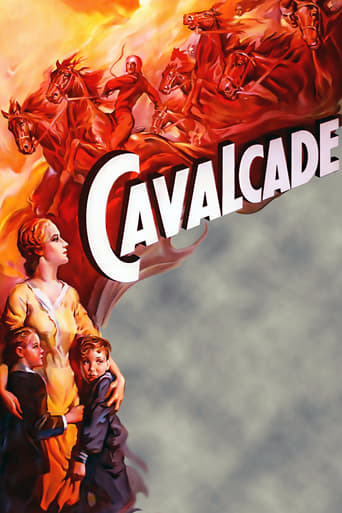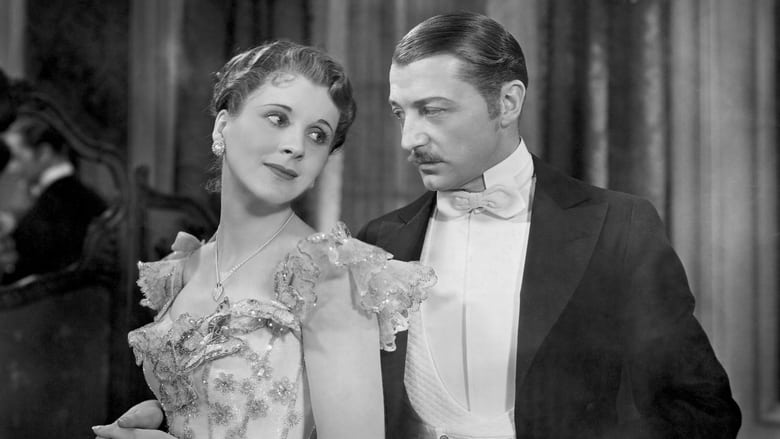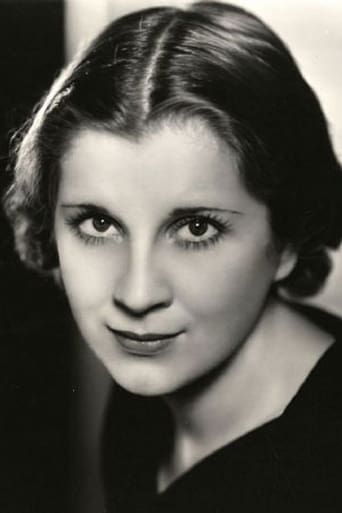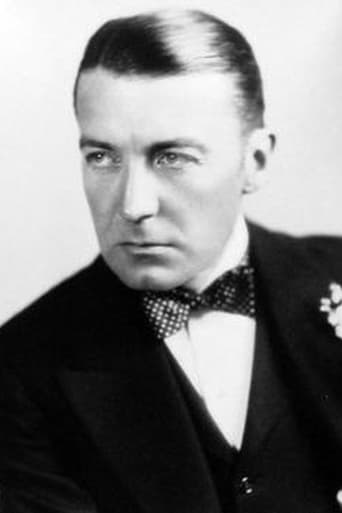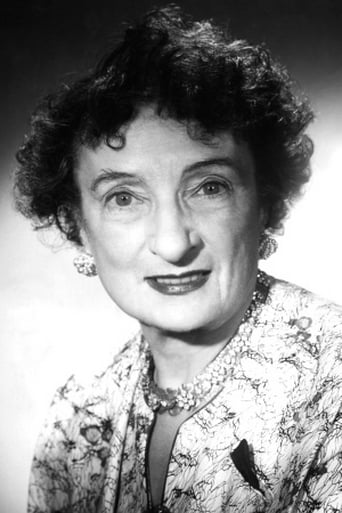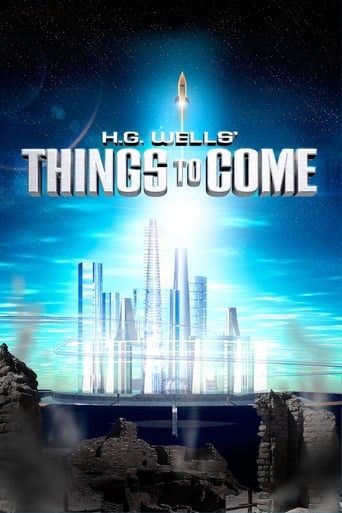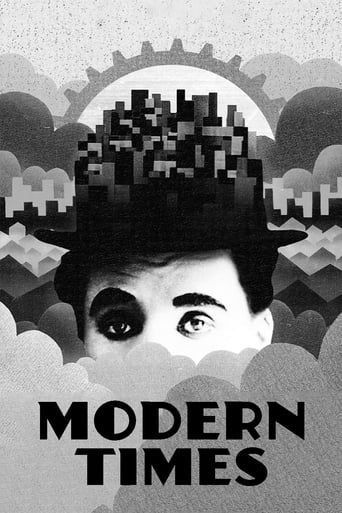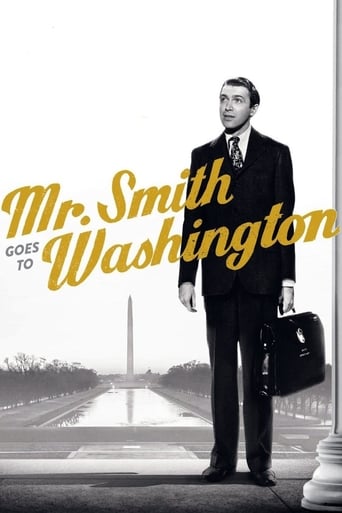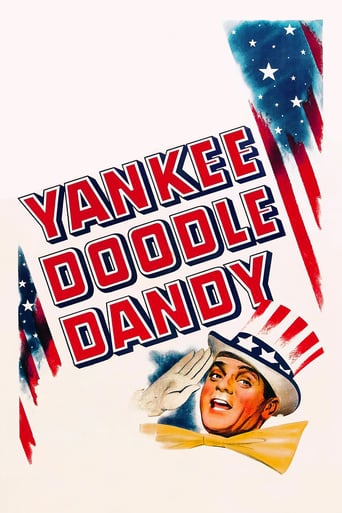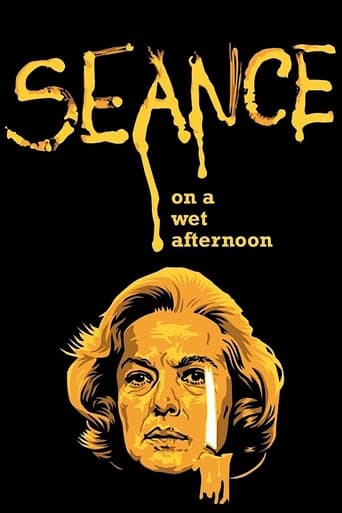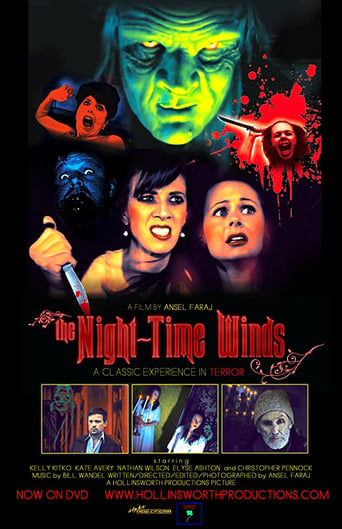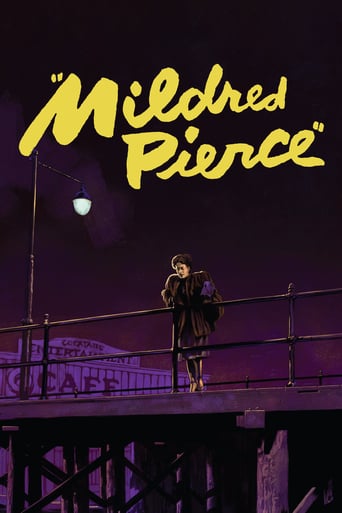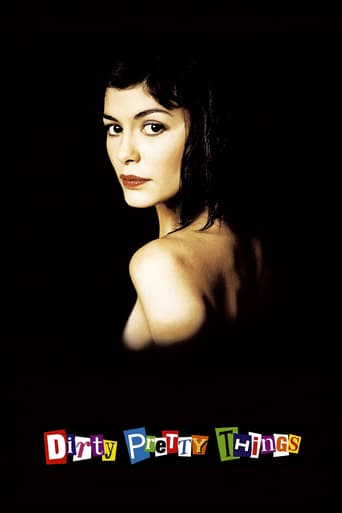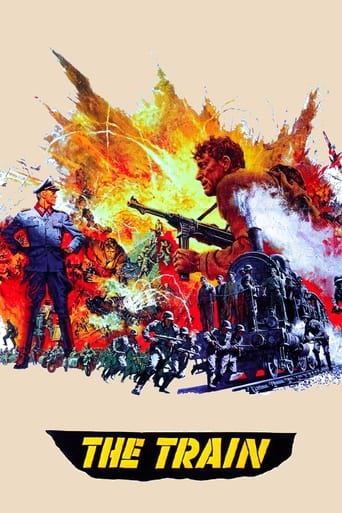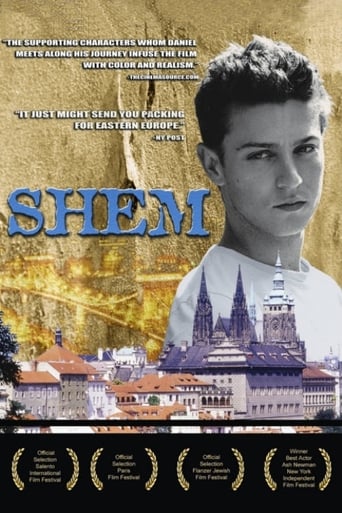Cavalcade (1933)
A cavalcade of English life from New Year's Eve 1899 until 1933 is seen through the eyes of well-to-do Londoners Jane and Robert Marryot. Amongst events touching their family are the Boer War, the death of Queen Victoria, the sinking of the Titanic, and the Great War.
Watch Trailer
Cast


Similar titles
Reviews
Simply Perfect
Purely Joyful Movie!
Good films always raise compelling questions, whether the format is fiction or documentary fact.
The movie turns out to be a little better than the average. Starting from a romantic formula often seen in the cinema, it ends in the most predictable (and somewhat bland) way.
A cavalcade of English life from New Year's Eve 1899 until 1933 seen through the eyes of well-to-do Londoners Jane and Robert Marryot. Amongst events touching their family are the Boer War, the death of Queen Victoria, the sinking of the Titanic and the Great War.The film was one of the first to use the words "damn" and "hell", as in "Hell of a lot". These had been used in the play. There was concern at the Hays Office that this could set a precedent. Fox president Sidney Kent was quoted saying the mild profanity "could not offend any person; and, after all, that was the real purpose of the Code. And as far as the use creating a precedent which might be followed by other producers is concerned, the best answer would be that anyone who could make a picture as good as Cavalcade might be justified in following the precedent." Some of the early Best Picture winners are really duds in retrospect. Looking back now (2016) they are bland, or aged poorly, or are sometimes musicals that just no longer impress. "Cavalcade" is a rare exception in that it seems like it has not aged one bit. The years go by, and we watch the events fly by with the characters, and it is somewhat timeless. We see how the 1900s were viewed from the 1930s, and I wonder now how much films like this continued to affect our view. We no longer talk about the Boer War, but even re-assessing history it seems our focus has never changed.
. . . since Germany had, with ALL QUIET ON THE WESTERN FRONT, the ONLY foreign movie ever to win the "Best Picture" Oscar (1930). Or perhaps WINGS "started the fire," as the first claimant of this top prize in 1928. But both of these "best pictures" focused on WWI (or "the Great War," as it was called until the 1940s), while the 1933 top Oscar winner, CAVALCADE, is far more diffuse, covering 33 years of British history and even throwing in the kitchen sink! Yes, CAVALCADE is the template for PBS' perennial TV favorites, UPSTAIRS DOWNSTAIRS and DOWNTON ABBEY. As Billy Joe realized when he wrote his #1 hit in 1989 cataloging 119 items of mental furniture for the late Beatnik and early Baby Boomer Generations, a montage of headlines can be enough to create quite sentimental Art, reminding your "target audience" of its Youth. CAVALCADE is quite upfront about its intentions, daring viewers to observe a family (no doubt like themselves--in 1933, that is; AND, you have to count the servants, of course, for the realists in the audience) buffeted by "the cavalcade of the New 20th Century." Why not give household members tickets to the Boer War in South Africa, a place at the front of Queen Victoria's funeral cortège, a space at the railing on the Titanic, a white cross in a WWI cemetery, a knighthood, a showgirl, and a champagne toast on two New Year's Eves to bracket everything else? There's a continuing motif here of "ghost riders in the sky," presumably to symbolize the passing cavalcade of this flick's title. Though it is up to History to determine whether this movie OR Billy Joel's ode will be meaningful at the NEXT turn of a century (when everyone with a living memory of the events of either may have passed on), the superimposed battle sequences of WWI in CAVALCADE are among the most stirring martial art ever presented on screen.
The film follows two London families from the end of 1899 through to 1933, throughout various real-life historical events: the Marryots, an upper-class family; and the Bridges, a family in service who work as the Marryots' live-in maid and butler with their infant daughter. As per the title card, the film is mainly based through the eyes of Mrs Jane Marryot (Diana Wynyard), "a wife and mother whose love tempers both fortune and disaster". I enjoyed the film, it could be the Forrest Gump of its day but more realistic since it covered fewer events and more central characters. Despite their losses, Mr and Mrs Marryot regret nothing come the end of the film and greet their golden years with a philosophical outlook.There is a good mix of drama, romance and a few laughs (Merle Tottenham's overly-nasal character asking "where is Afrey-kerr?" while talking about the Boer War). We are also treated to different perspectives of the events, comparing a young woman thinking how wonderful it is seeing all their men off to war with an older woman stating she was just wondering how many of them would come back alive; as well as comparing the servants downstairs and the family upstairs as Downton Abbey did in a more recent example. I liked how they used the montage effect similar to All Quiet on the Western Front during scenes from the War. Scenes showing emotion or grief tended to be over-done or skimmed over, perhaps to avoid dragging the mood.
This is one of those sweeping intergenerational stories of an upper-middle-class British families in which the children grow up over the course of thirty or so years, with the older and the younger generations each encountering triumph and tragedy. There's a bit of class conflict thrown in when the daughter of the kitchen maid becomes a successful and wealthy singer and the upper-echelon son of the ruling family fall in love with each other. There are some musical interludes, none of the songs written by the author of the play from which this film derives.That author was Noel Coward. Coward was great in some of his movie appearances, which ranged from the heroic ("In This We Serve") through the comic ("Our Man in Havana") to the somewhat bizarre and slightly menacing ("Bunny Lake Is Missing"). I quite like the guy.Yet this story seems pointless to me in many ways. A lot of these epic movies about subsequent generations and their adaptation to social change do. I know Noel Coward's work is esteemed, and I know we should all keep a stiff upper lip and hope for the best, but as one New Year celebration follows another, the message gets tiresome. Really, I was saddened by some of the turns taken by events, but didn't much give a damn what happened to any of the characters, all of whom struck me as animated messages rather than living people.What tragedy. Let me see. In the beginning there is the Boer War. The death of the Old Queen. Then two characters from the household discover they love one another -- on the Titanic. Then there is World War I. That's followed by the Jazz Age with all its threats, and what noisome threats to social stability they are -- drinking is flagrantly shown on the screen, along with homosexuality (that's a laugh, coming from Noel Coward), the threat of yet another war, art moderne, smoking cigarettes (well, we've gotten rid of that filthy nuisance), blues singers, and long fluffy feathers.At the end, the original father and the original mother, now old and a little bent, toast each other delicately. They turn and look solemnly into the camera and the mother pronounces a long toast to both the past and the future while the viewer pendiculates. Then, arm in arm, the stroll to the balcony and smile at the New Year celebration in the streets below.I suppose this sort of thing appeals to a good many people. There seems no avoiding these stories. If there IS a way of slipping past them, would someone let me know?

